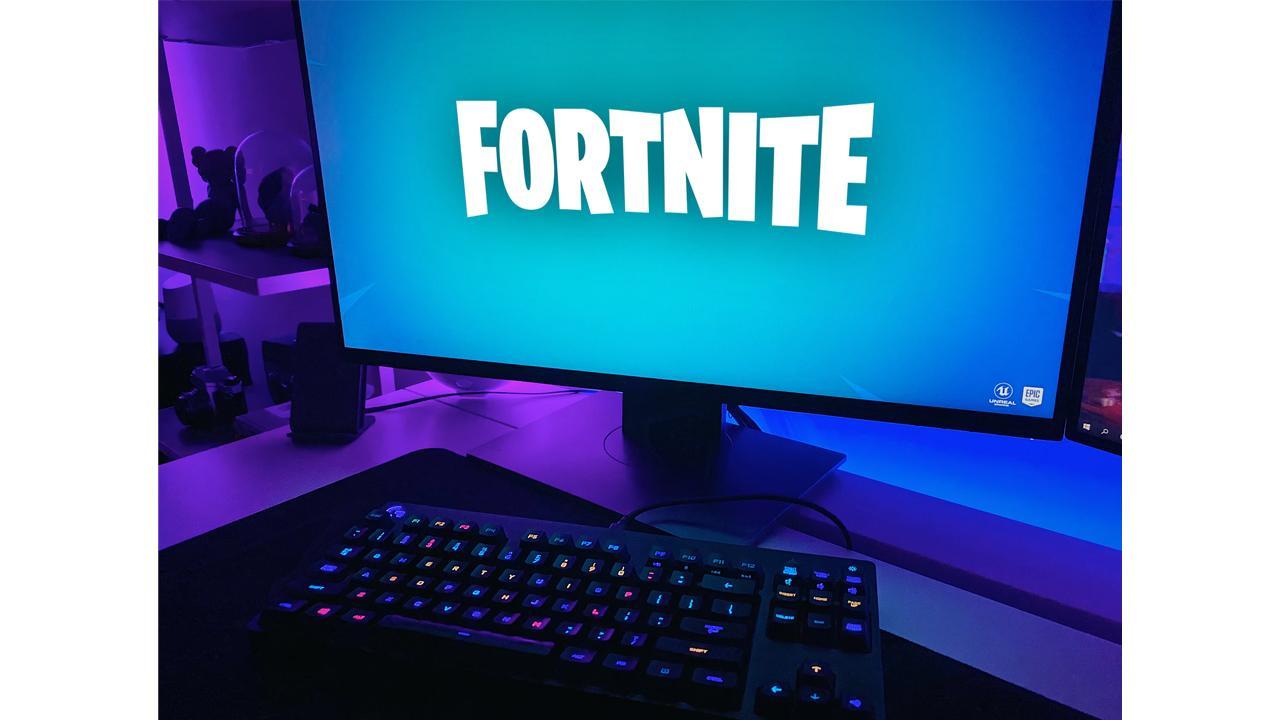developers are increasingly seeking out alternative methods to monetize their games

.
Freemium games have become synonymous with the rise of mobile gaming and the major app ecosystems on Android and iOS. When this model works well it successfully provides limited but fair access to games and services, while incentivizing prospective customers to invest in unlocking premium features for a small cost.
ADVERTISEMENT
Unfortunately, freemium games often force players to fill out third party marketing surveys, or wait extended periods of time in between sessions in order to continue playing, the hope being that players will become frustrated and pay the full price. This has led to the freemium monetization model developing a poor reputation.
Fresh Perspectives
As a result, developers are increasingly seeking out alternative methods to monetize their games. There is renewed interest in looking at models of exchange that provide greater authenticity, and that leave prospective customers with a positive end-user experience.
One such method is that of traditional promotional offers, as used by casino platforms that offer online slots games. These sites will regularly host a variety of promotions, such as daily jackpots and welcome bonuses for new and returning players. Such offers are among the oldest monetization strategies, and for good reason. They invite prospective customers and give them total agency over the transaction, without placing undue demands like the time-limits and restrictions we often see in freemium services.
It is easy to see how this could be applied more broadly to different types of games.
VIP Access
More recently, a new model, sometimes referred to as the “season pass” or “battle pass” model, has seen growing advocacy from all sectors of the gaming industry. First popularized by battle royale style free-to-play games like PUBG and Fortnite, it promises a new way of generating revenue that benefits developers and their prospective customers equally.
The central ethos of this model is that the game is offered completely free to the player, with no hidden pay-walls or functional limitations. This means that people can, and do, play these games without ever having to spend money for the privilege.
The invitational quality of the season or battle pass gives players the option to invest money and gain access to additional content, whilst players can also spend money through microtransactions and customization features, which take the form of unlockable skins for weapons, unique dances and emotes, and entire outfits.
The Future is Micro
When it comes to games such as Fortnite, free players are all consigned to wearing the same outfit. Due to this, players who are invested in the game and its community often wish to differentiate themselves by customizing their character to express their individual style and aesthetic. This also works as a form of signaling to other players, a way of highlighting that they too are “part of the club”.
What is crucial is that none of these “upgrades” actually impact the way the game is played, and confer no tangible advantage to a player. By keeping the mode of exchange outside of the mechanics of the game, players feel that their decision to invest in the franchise is entirely of their own volition, leading to positive regard for the game’s developers. What’s more, this model has been proven to work exceptionally well. Fortnite has posted earnings in excess of $10 billion since its 2017 debut due to microtransactions alone.
Major Studios
Unsurprisingly, major game developers are taking note. Activision released their own battle royale style game in 2020 as part of their massively successful Call of Duty franchise, subtitled Warzone. They have reported that between Warzone, and their previous release CoD: Modern Warfare, they have earned over half a billion dollars in microtransactions already.
The next major developer that is gearing up to explore the potential of this monetization model is 343 Studios, the team behind the Halo games for Microsoft’s Xbox. They have announced that the multiplayer portion of the upcoming Xbox Series X/S title, Halo: Infinite, will work to this free-to-play battle pass model, the first for such a game.
The future of monetization in gaming is set to continue down this road, combining a "freemium" approach with microtransactions for cosmetic items and with subscription-style options like season and battle passes.
We do not promote or endorse any such activity and you shall access the same at your sole risk with full understanding of the monetary and legal consequences. We shall not be responsible for any losses which you may suffer as a result of use of any such apps/websites
 Subscribe today by clicking the link and stay updated with the latest news!" Click here!
Subscribe today by clicking the link and stay updated with the latest news!" Click here!






